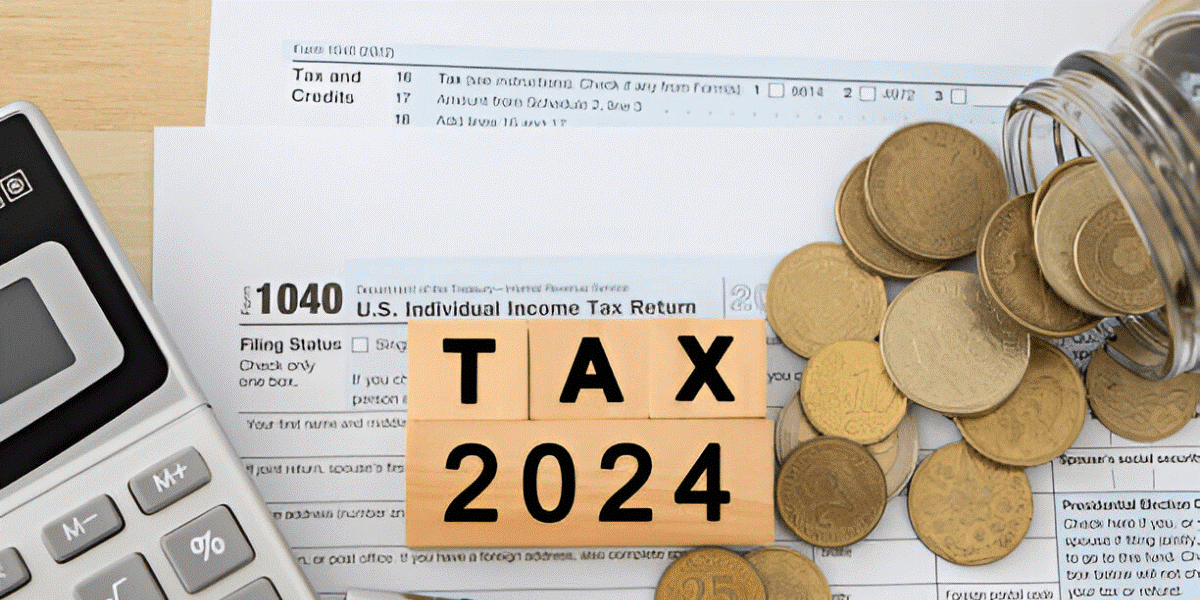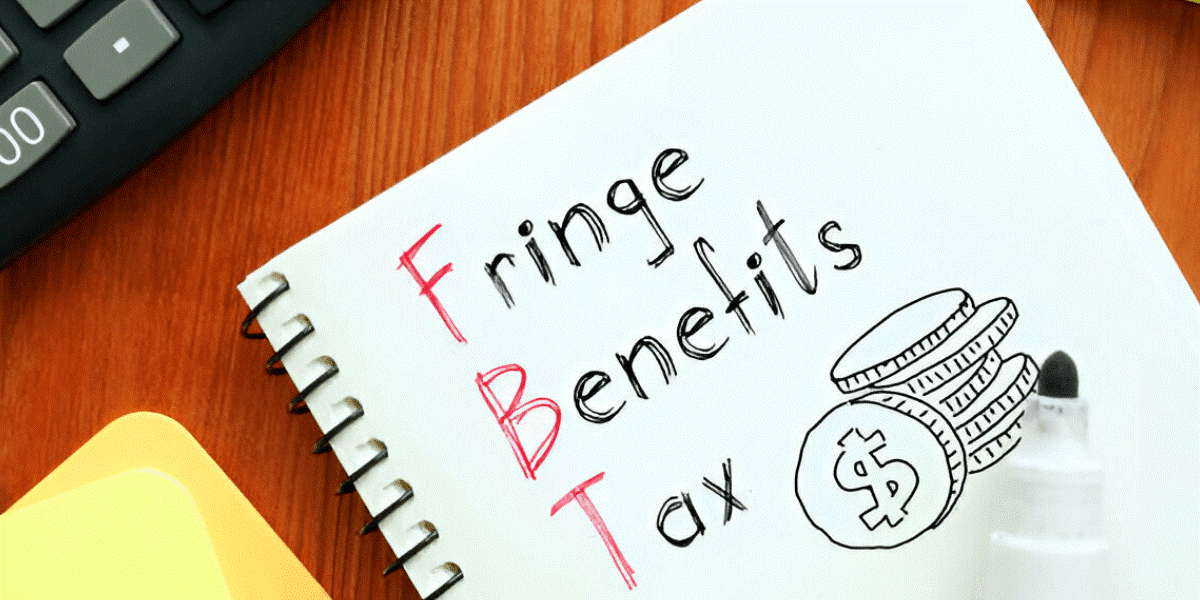Tax Obligations For Content Creators: A Comprehensive Guide
In today’s world, the area of what constitutes a career has dramatically expanded, incorporating roles such as content creators, streamers, and influencers. This burgeoning industry has not only opened new avenues for creative expression but also for earning potential.
However, with these new opportunities come new responsibilities, particularly in the realm of taxation. For content creators, understanding and fulfilling tax obligations is crucial to ensure compliance and optimise financial health.
The Rise Of The Content Creator
Content creation spans a diverse array of mediums, including video platforms like YouTube and Twitch, social media sites such as Instagram and TikTok, and subscription services like Patreon and OnlyFans.
Creators produce content ranging from educational materials and entertainment to lifestyle and gaming commentary, often building substantial followings and, consequently, significant income streams.
Tax Obligations: The Basics
In many jurisdictions, including Australia, if you're earning income as a content creator, you're generally considered to be running a business. This designation comes with specific tax obligations:
- Income Tax: Content creators are required to pay income tax on their earnings, which includes ad revenue, sponsored content, donations, affiliate marketing income, and merchandise sales.
- Medicare Levy: In addition to income tax, Australian residents pay a Medicare levy, contributing to the public health system.
- GST: Depending on your earnings and location, you might also need to register for and pay Goods and Services Tax (GST) or its international equivalents.
- PAYG Installments: To manage tax payments, you may need to make Pay As You Go (PAYG) installments throughout the year, helping avoid a large tax bill at the end of the financial year.
Determining Business Vs. Hobby
One of the initial steps for content creators is to distinguish whether their activities constitute a hobby or a business. This determination affects tax obligations significantly, as income from a hobby is not taxable, whereas business income is. Criteria such as intent to make a profit, repetition and regularity of activity, and the business-like manner of the operation help in making this distinction.

Determining whether your content creation activities are classified as a business or a hobby is crucial for understanding your tax obligations. Here's a concise guide to help you make the distinction:
- Intent to Make a Profit:
- Business: There's a clear intention to make a profit from the activities.
- Hobby: Activities are primarily for personal enjoyment without an expectation of profit.
- Repetition and Regularity:
- Business: Activities are conducted regularly and consistently, indicating a commitment similar to a business operation.
- Hobby: Activities occur sporadically or without a set schedule, reflecting a casual approach.
- Business-like Manner:
- Business: Activities are planned, organised, and carried out in a manner that mirrors traditional business operations, including keeping records, marketing services, and maintaining a separate bank account.
- Hobby: Lack of formal business structure or practises, such as not keeping detailed financial records or having a business plan.
Record Keeping: A Pillar Of Compliance
Accurate record-keeping is paramount. This involves maintaining detailed records of all income, including non-cash benefits, and expenses related to content creation. Common deductible expenses include:
- Equipment and Software: Cameras, microphones, computers, and necessary software.
- Internet and Phone Expenses: A proportionate part of internet and phone bills used for content creation.
- Home Office Expenses: If you work from a home office, a portion of rent, mortgage interest, utility bills, and insurance can be deductible.
- Professional Fees: Fees for accountants or legal advice directly related to your content creation business.
- Marketing and Advertising: Costs incurred in promoting your brand, including social media advertising and website hosting fees.
It's essential to keep receipts or invoices for all transactions to substantiate claims during tax filings.
Income To Declare And Deductions To Claim
Content creators must declare all forms of income, which can include:
- Ad Revenue: Earnings from advertisements placed on content platforms.
- Sponsorships: Payments or goods received in exchange for promoting products or services.
- Donations: Financial contributions from fans or supporters.
- Affiliate Marketing: Commissions from selling or promoting other companies' products.
- Merchandise Sales: Revenue from selling branded merchandise.
Equally, understanding what expenses are deductible is crucial to minimising taxable income legally. However, it's important to differentiate between personal and business expenses accurately.
Seeking Professional Advice
Given the complexities of tax laws and the unique challenges content creators face, consulting with an accountant for small business online or an accounting practise specialising in digital economy clients is advisable. They can provide tailored advice, ensuring you're compliant with tax obligations while optimising your financial outcomes.
Staying Informed And Compliant
Tax authorities worldwide are increasing their focus on the gig economy, including content creators. With advancements in data matching technologies, it's easier for tax offices to track income from various platforms. Hence, staying informed about tax obligations and upcoming legislative changes is crucial.
Wrapping Up
The digital content creation space offers vast opportunities for creative and financial growth. However, navigating the tax implications of such a career necessitates a proactive and informed approach. By understanding your tax obligations, keeping meticulous records, and seeking professional advice, you can ensure compliance and financial health, allowing you to focus on what you do best: creating content that resonates with your audience.
As the digital landscape continues to evolve, so too will the tax landscape. Keeping abreast of these changes and adapting accordingly will be key to the sustained success of content creators in this dynamic industry. Whether you're a burgeoning YouTuber, an established Instagram influencer, or exploring the realms of Twitch and Patreon, recognising and fulfilling your tax obligations is an integral part of your career journey, ensuring that your creative endeavours are both profitable and compliant.
Disclaimer:
The content of these blog posts is intended to be of a general nature and should not be construed as tax or any other form of advice. We do not guarantee the accuracy or completeness of the information provided in these blog posts. It is imperative that you consult with a qualified professional, such as a certified accountant at Tax App, before taking any action based on the advice or information contained herein. Your specific financial and tax situation may require personalised guidance, and a professional consultation is recommended to ensure compliance with applicable laws and regulations.
Get Started with Us
Connect with Australia’s most innovative accountants today. Fill out our contact form, and let’s discuss how we can help you achieve your financial goals. Together, we’ll create a tailored action plan that maximises your tax savings.
Awards!
⭐⭐⭐⭐⭐















